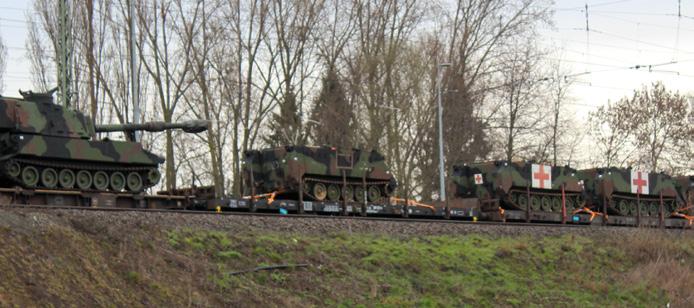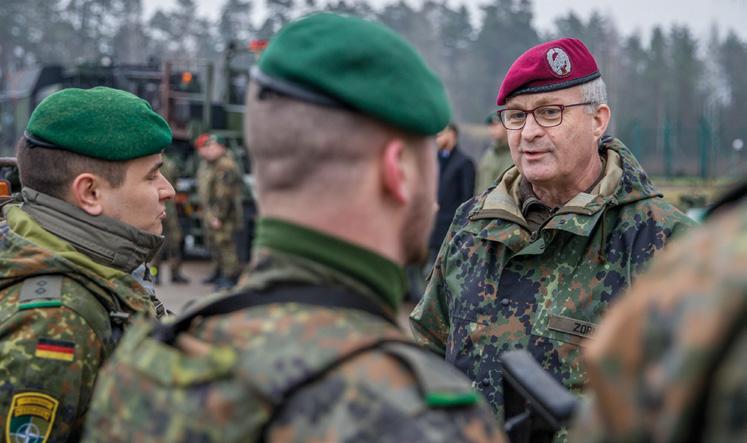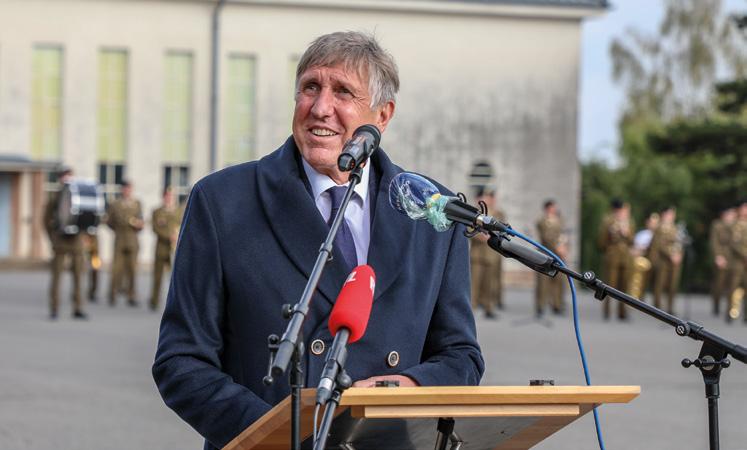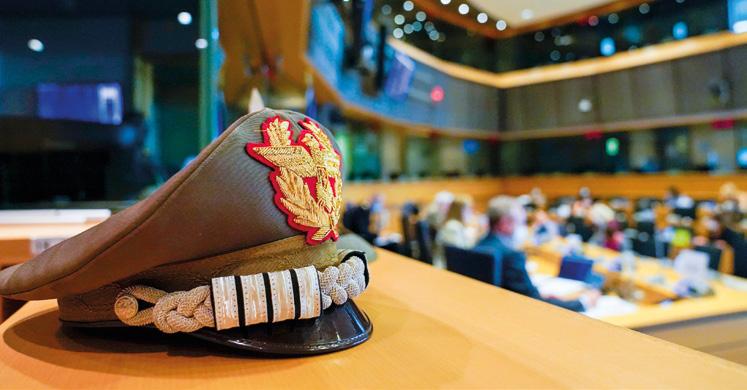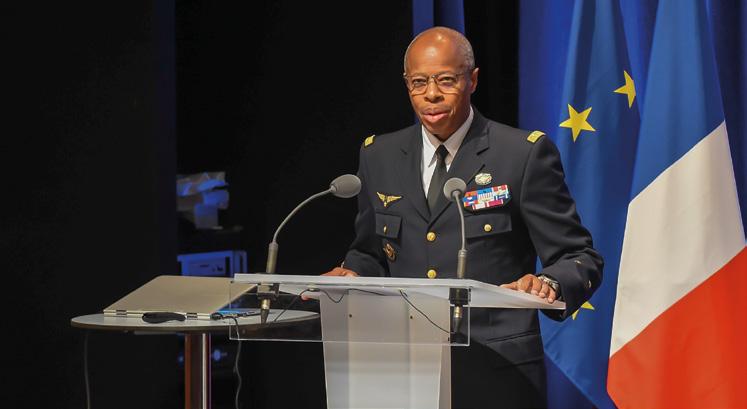
3 minute read
Brigadier General (FRA-F) Jean-Marc Vigilant, Paris A European war college, an opportunity for European defence? Time for a European strategic culture
Preparing future European military leaders to face tomorrow’s strategic challenges A European war college, an opportunity for European defence?
by Brigadier General (FRA-F) Jean-Marc Vigilant, Commander War College, Paris
Nowadays, the new global strategic environment is complex, fast-evolving and unpredictable. In addition to the hybrid security challenges, which blur the lines between war and peace and involve both state and non-state actors, there is now the clear return of power competition in international relations, at the very periphery of the European space. In this framework the European Union will have to develop its strategic autonomy, as recently underlined by the President of the Council of the European Union, Charles Michel, it must also strengthen its defence and security dimension. Even if NATO remains the cornerstone of the collective defence of the Euro-Atlantic area and the crucible of interoperability between allies and partners of the alliance, the EU Member States must continue their efforts to develop their military capabilities. This will contribute both to better burden-sharing within the alliance and to the credibility of European defence. The development of military capabilities does not rely solely on the procurement of equipment. It also requires the training of personnel, and in particular the training of the senior military leadership who will develop new strategies, imagine new organisations, design new weapons and command systems, and plan and conduct the EU’s military operations. Each Member State is responsible for the training of its officers, who may be called upon to serve in any international organisation. The development of a European strategic culture is an essential prerequisite for the advent of European strategic autonomy. Initiatives like the European Security and Defence College are already contributing to this by offering an annual high-level course and further training for colonels and senior civil servants to promote the understanding of the Common Security and Defence Policy. Nevertheless, in order to advance the construction of European defence and be more effective in the training of future European military leaders, it would probably be necessary to go further and consider founding an actual European war college. As a complement to national staff and war colleges, such an institution would be a major instrument of human and cultural interoperability between officers from the different Member States. These officers would learn to work together in a European framework and acquire the necessary skills to serve as staff officers in bodies such as the European External Action Service, as well as in NATO and their national headquarters. In addition to planning joint operations in the three traditional physical domains (land, sea, air), these officers would also be trained
to develop appropriate responses to threats in the new domains of warfare such as space, cyberspace and information. By learning to integrate and synchronise all military effects in future multi-domain operations, the officers would contribute to the concerted implementation of all EU instruments of power, as part of a truly global approach to crises. Furthermore, the officers trained in this war college would build a shared awareness of the common and collective interests of the EU. Strengthening mutual knowledge of each other’s historical, geographical and cultural realities would promote understanding of the various approaches and strategic worldviews within the EU. Such a combination of knowledge would be the foundational layer for building a common European strategic culture. By preparing future European military leaders to face tomorrow’s strategic challenges, the creation of a European war college would give additional impetus to the construction of European defence, as well as better visibility and increased legitimacy for officers from Member States within the European institutions. It is also on this condition that European strategic autonomy will really thrive.
Brigadier General Jean-Marc Vigilant is the Director of War College in Paris. He is a graduate of French Air Force Academy and holds a MA in Aeronautical Science. He attended Spanish Staff College, Madrid and NATO Defence College, Rome. He held several joint positions in France and also abroad, both as exchange officer to the Spanish General Directorate for Defence Policy, and as Executive Assistant to the NATO Strategic Commander SACT, Norfolk, USA. General Vigilant is a fighter pilot and commanded at all levels in the French Air Force until air base commander. He gained operational experience in Africa, Former Yugoslavia and recently in the Middle East as the French Senior National Representative and Director of Civil Military Operations with Operation INHERENT RESOLVE (CJTF OIR) in Iraq and Syria.


